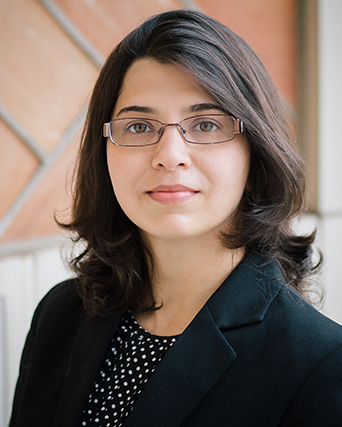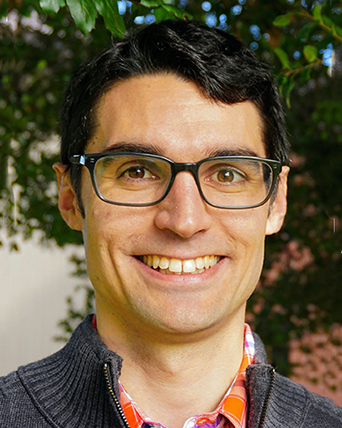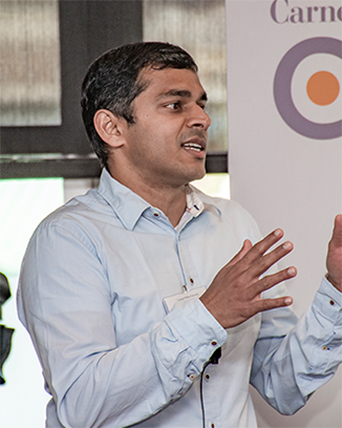CMU launches initiative to transform nanosatellite capabilities
Researchers aim to develop computationally capable constellations of nanosatellites, equipped with machine learning techniques that extract valuable insights from data while still in orbit.
Researchers at Carnegie Mellon University are setting out on a mission to reimagine the capabilities of nanosatellites in low-Earth orbit. Backed by a $7 million grant from the National Science Foundation’s (NSF) Cyber-Physical Systems (CPS) Frontiers Program, the CMU initiative aims to transform constellations of nanosatellites into sophisticated distributed computing platforms, building the foundation for a wide range of innovative applications.
Today’s nanosatellites collect enormous amounts of raw data, so much that it’s impossible to downlink all of it to earth. The long loop required to beam just a portion of the data to the ground and then make sense of it also creates many latency issues.
“It can take days or even a week to extract the information you’re looking for,” says Brandon Lucia, a professor in Carnegie Mellon’s Electrical and Computer Engineering Department and the project’s principal investigator.
With the team’s new approach, called orbital edge computing, researchers at CMU will work to develop computationally capable constellations of nanosatellites, equipped with machine learning techniques that extract valuable insights from the data while still in orbit. This new technology will not only reduce the amount of information being sent to earth but will create the foundation for a wide array of possible responsive applications that operate entirely from space.
We are at the beginning of the era of computational space systems.
Brandon Lucia, Professor , Electrical and Computer Engineering
“There is a huge opportunity in getting sensor-enabled computer systems in orbit to provide applications like public safety, defense and intelligence, traffic management, precision agriculture, and weather modeling, among others.”
Researchers say this new technology will provide the ability to detect the initial signs of problems before they occur. The group points to examples like monitoring suspicious activity at crowded, large-scale events such as the upcoming 2028 Summer Olympics in Los Angeles, or detecting early signs of wildfires, enabling response teams to make mitigation efforts before forests are set ablaze.
Carbon mapping is another potential application for the new sophisticated distributed computing platforms. Current technology and ground infrastructure cannot handle the vast amounts of data this type of work requires. However, by processing the data on orbit and extracting only relevant information, scientists could be looking at a new tool to help combat climate change.
The project’s team, made up of CMU Associate Professor Gauri Joshi, Associate Professor Swarun Kumar, Assistant Professor Zac Manchester, Professor Vyas Sekar, and Lucia, is comprised of world-leading experts in critical areas like federated learning, wireless communications, security and networking, and nanosatellite design.
“This group has a long track record of success in the constituent areas of this project, and CMU has the best graduate students in the world,” says Lucia. “Together, we will combine theory and technologies to realize this new era of computational nanosatellites constellations.”
The grant from NSF’s CPS Frontiers Program will fund a large team of graduate students who will be working to define the field of computational nanosatellite systems. It will also provide the resources needed to build and launch satellites into orbit as part of a test deployment that will showcase the new technology’s capabilities.
Additionally, the program will include several outreach initiatives, one of which will involve high school students who will work to develop applications that will run on these satellites. Another is an artist in residence program, which will help illustrate the work, making it more accessible and providing insight into the value of the research. Ultimately, the outreach effort aims to broaden participation in computer and cyber-physical systems research.





